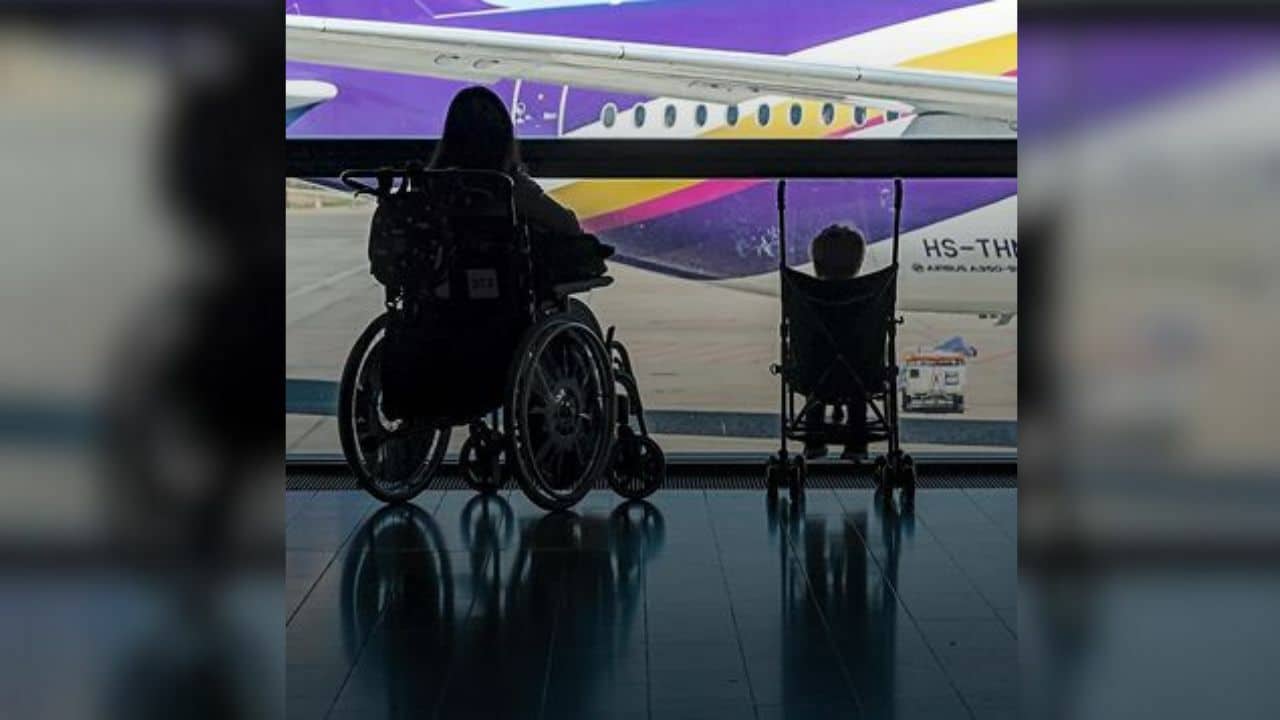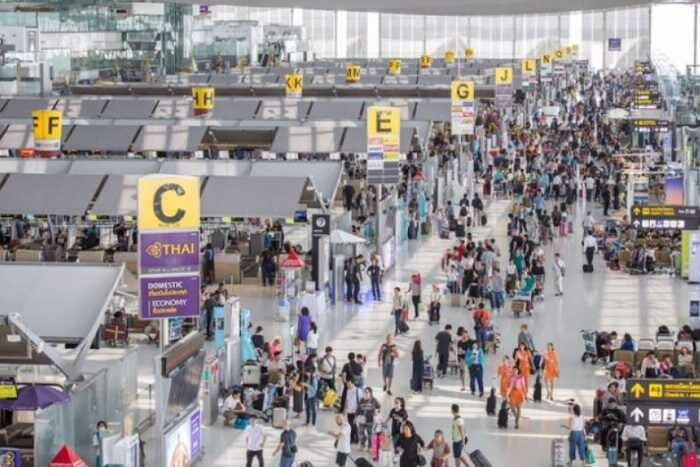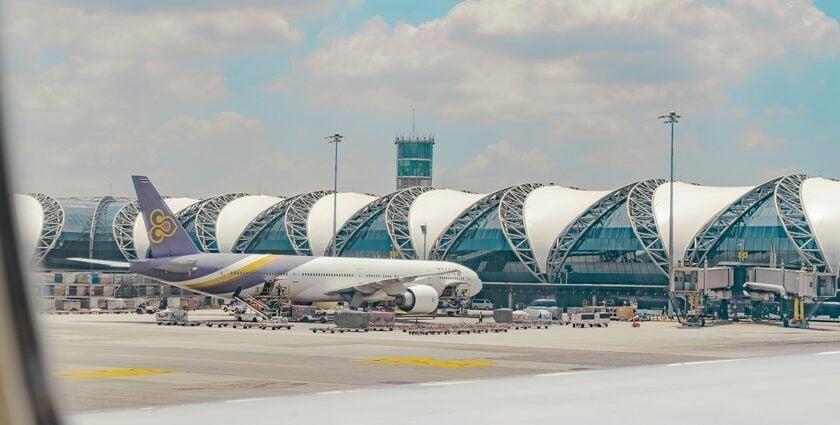Thai airports to boost services for elderly and disabled passengers
CAAT introduces new rules to better accomodate travellers with special needs

Flying in Thailand is about to get a major upgrade—especially for those who need it most. The Civil Aviation Authority of Thailand (CAAT) is rolling out a new set of regulations aimed at dramatically improving service standards for passengers requiring special assistance.
Whether you’re elderly, injured, or living with a disability, these new rules are designed to make air travel smoother, safer and fairer, starting May 30.
Air Chief Marshal Manat Chavanaprayoon, CAAT Director, announced that Civil Aviation Authority of Thailand Regulation No. 90 will require airports and airlines to comply with international standards for accessibility as outlined by the International Civil Aviation Organisation (ICAO).
“The aim is to promote equal access to air travel for all,” said Manat.
This includes passengers with visual, hearing, mobility, or communication impairments, as well as those with temporary injuries.
Some services, such as in-flight take-off and landing assistance and the ability to request support online, will be implemented slightly later, on August 28.

Airlines and airports will be required to offer a wide range of services, including wheelchairs within terminals, boarding aids, help with luggage, and on-board support. However, passengers must notify their airline in advance if they require assistance, as services may vary depending on aircraft type and airline policies, reported KhaoSod.
Travellers should also be aware of several key safety conditions. For example:
-
If using a battery-powered wheelchair, the battery type and size must meet airline safety standards.
-
Those travelling with guide dogs must check with the airline for approval, and the animal must not pose a risk to other passengers.
-
Seat assignments for passengers needing assistance will follow strict safety guidelines.
-
In cases where passengers cannot perform emergency tasks, such as fastening a seatbelt or using an oxygen mask, an accompanying assistant may be mandatory.

The CAAT urges passengers to consult their airlines directly for the most up-to-date information on available services and specific requirements.
Latest Thailand News
Follow The Thaiger on Google News:


























